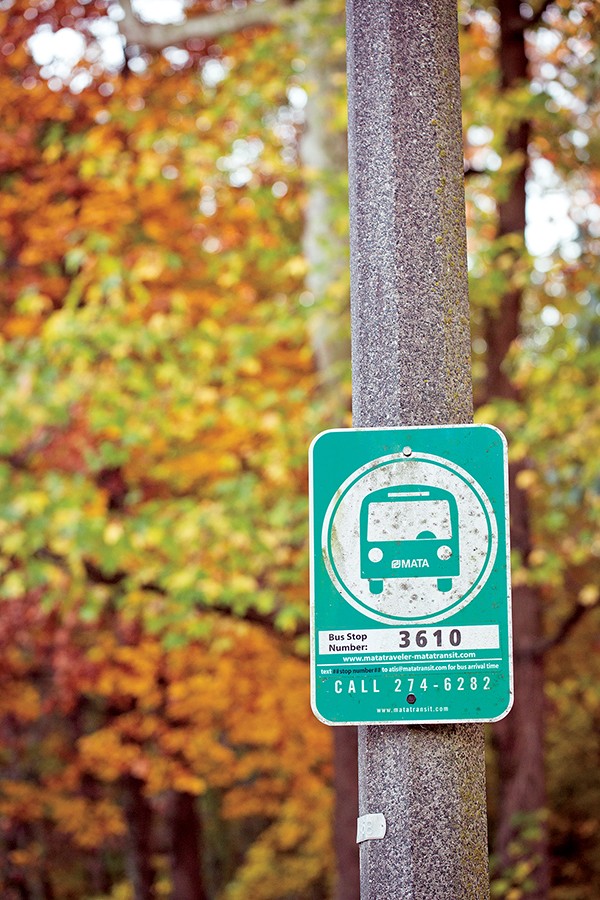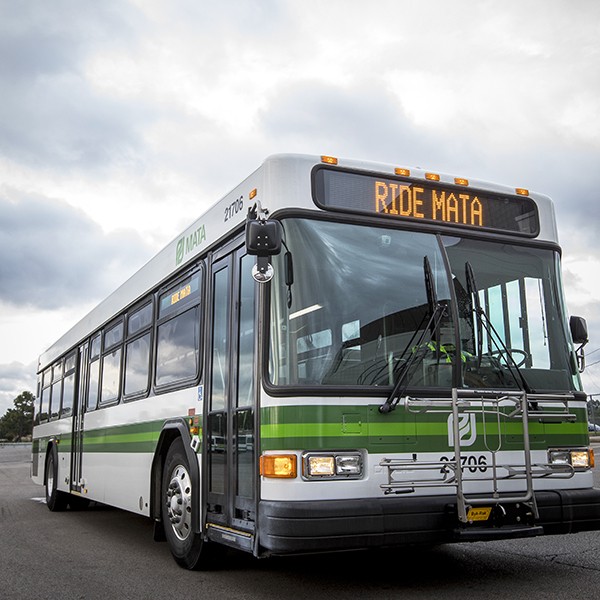 Justin Fox Burks
Justin Fox Burks
Shelby County Mayor Lee Harris announced today that he is amending the previously announced plan to invest $10 million in transit here.
Harris presented a plan to the Shelby County Commission last month that would generate $10 million in funding each year for the Memphis Area Transit Authority.
The original plan would have implemented an annual $145 registration fee for households’ third vehicle and beyond. Harris said at the time this would only affect about 17 percent of residents here.
But, after meeting with the public and receiving feedback on the plan, Harris said Thursday that instead of requiring households to pay $145 for each another vehicle over the second, households would only have to pay one yearly $145 fee.
“We have been pleased by the willingness of residents to engage in a conversation about how public transit could help lift thousands out of poverty and preserve our shared environment,” Harris said. “We have had many great suggestions from the residents, including tailoring the plan to have an even more narrow impact.”
[pullquote-1]
Alternative vehicles, such as motorcycles, trailers, antique cars, and boats will not require fees.
Under the amended plan, Harris said the county will still provide $10 million a year to MATA.
“The investment would still have zero impact in most families,” Harris said. “This plan does not call for a broad tax or fee on all citizens…. Furthermore, the idea is to try as best we can to tie the solution the problem. We know that traffic congestion and car emissions are problems that will only get worse. We believe that households or business with thee cars are using that infrastructure more and producing more wear and tear. Our proposal focuses on that problem or cars on the road while supporting a solution to congestion and emissions, public transit.”
This is the county’s first effort to provide dedicated funding for MATA. The plan is slated to go before the county commission by February 2020.
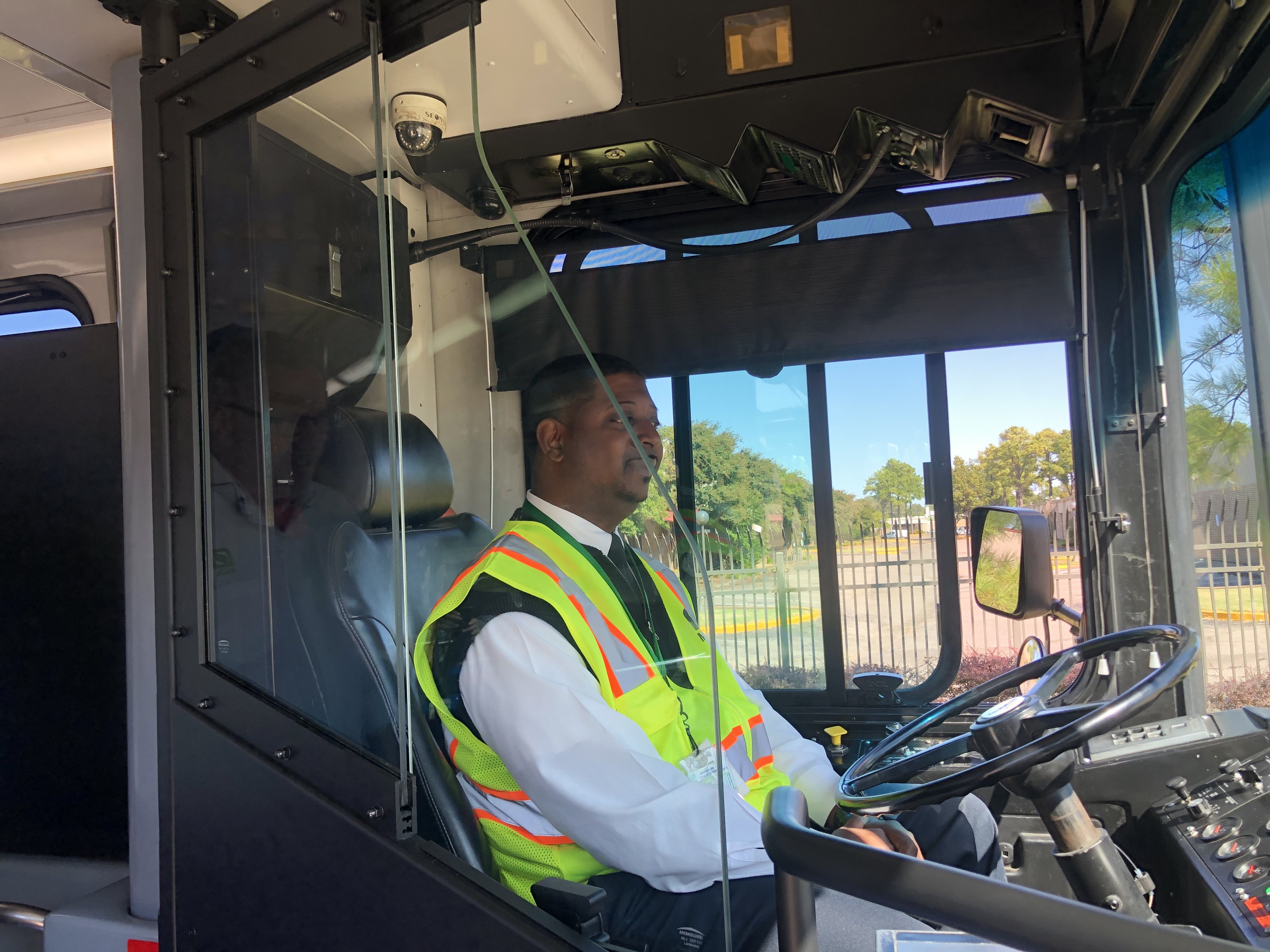 Maya Smith
Maya Smith 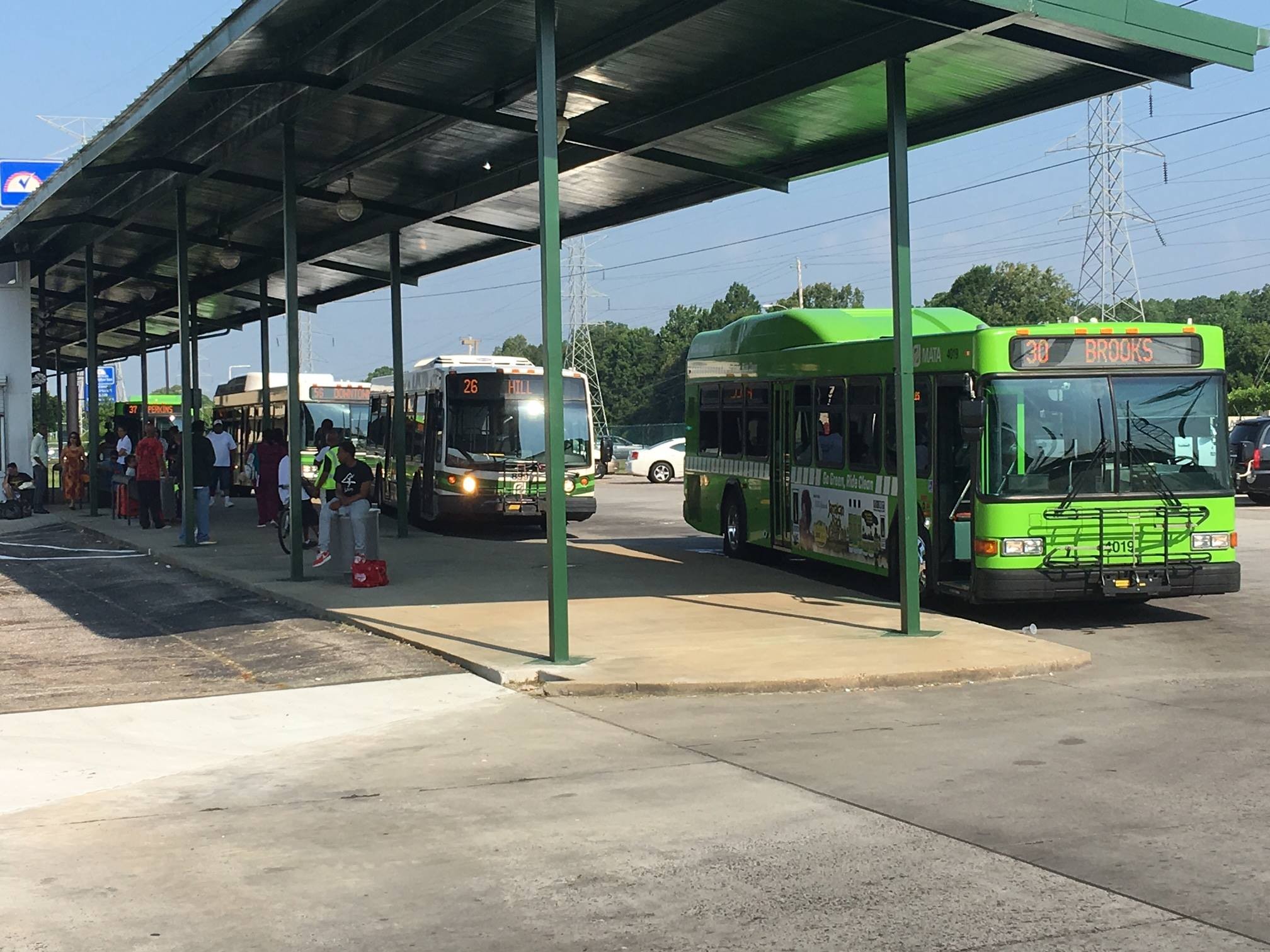 Facebook/MATA
Facebook/MATA 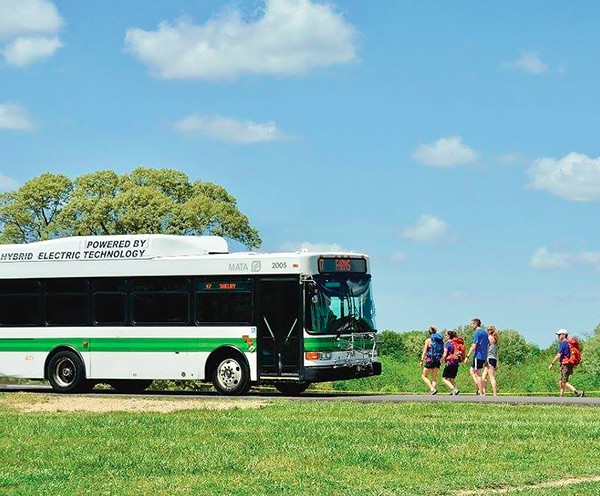 Memphis Area Transit Authority
Memphis Area Transit Authority  Justin Fox Burks
Justin Fox Burks 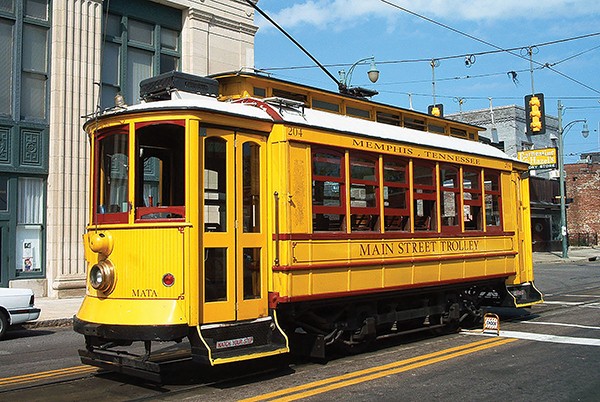
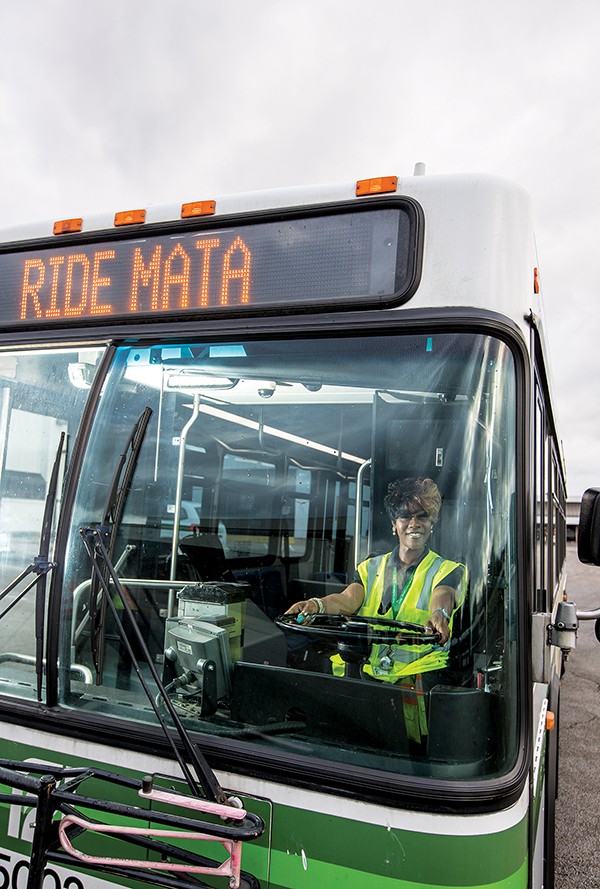 Justin Fox Burks
Justin Fox Burks 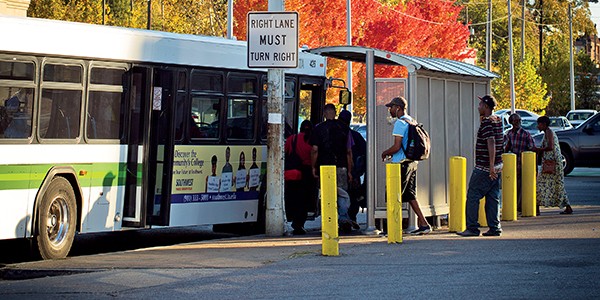 Justin Fox Burks
Justin Fox Burks 